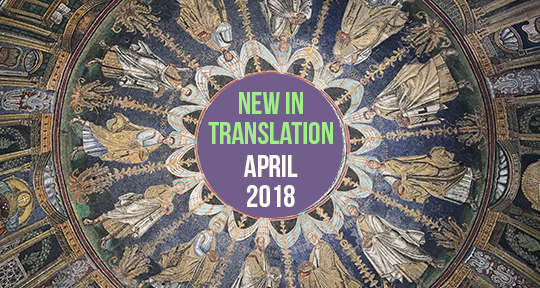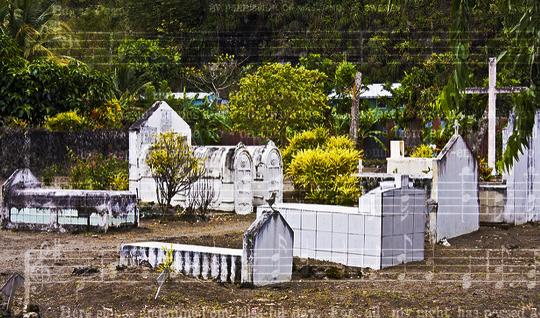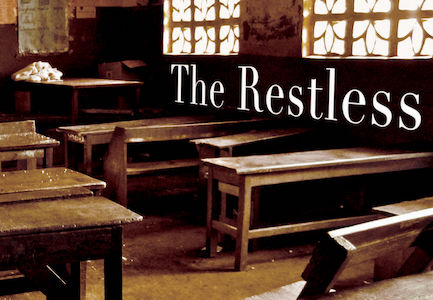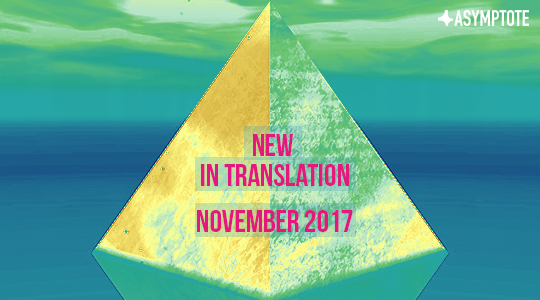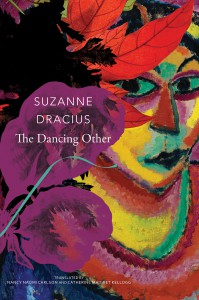This Translation Tuesday, enter the oneiric geography of acclaimed Cuban poet Soleida Ríos in a hybridised work that is her own fluid and inventive relationship to genre and tradition. The airport—with all its connotations of citizenship, mobility, and border-making—is given a surreal makeover when the speaker at every unexpected turn is confronted with the presences of Chagall to Sarduy, from an Arching-Eyebrow Woman to (Normal-Brow) woman. Accompanying Kristin Dykstra’s energetic translation is an illuminating tour of Ríos artistic and political inheritances that allows us to see the poet’s workings, but which renders her poem no less strange and powerful.
“Soleida Ríos often explores dreams, as well as realities refracted through dreamlike states. An elusive quality characterizes her work, the spirit of creative cimarronaje. This term refers to the ethos of the fugitive slave, which Ríos has invoked in some descriptions of her writing. Her book Estrías (Grooves) intertwines that spirit with a more recent strand of Cuban history: the internal migration of rural citizens (many of them Afro-descendent), who like Ríos moved from their origins in eastern Cuba to the western capitol, Havana, in the decades after 1959. In the city, finding and keeping a home can be a struggle.
“CABO ROUGE / Kabiosile” depicts psychological navigations of national space and legal language in search of one’s own place. Along the way the narrator registers artistic legacies of Severo Sarduy, Marc Chagall, René Magritte, and Yoruba traditions in Cuba. Here too are figures from local bureaucracy, which might well be described as a culture in its own right. The agent at an airport counter initially seems responsible for enforcing travel regulations, then transforms into a subject struggling to create a place that state officialdom would interpret, legally speaking, as her house. Settings shift, contributing to the sensation of unreality. Perhaps we have fallen into a Chagall painting. But the woman’s refrain foregrounds practical acts of migration: “I left MY COMMUNITY and I moved on to THE COUNTRYSIDE … From the countryside I came HERE.” Other recurrent elements invoke attributes of the orisha Changó, who is associated with the color red and explosive percussion in ritual music. The kabiosile of the title is a verbal salutation to Changó.”
—Kristin Dykstra
CABO ROUGE / Kabiosile
… I’m not reproducing …
I scrawl, lacerate, squeeze, twist,
hammer.
A number.
A smudge.
In the airport (one example), my head filled with such disorder that I’ve forgotten to retrieve my suitcases. Eighteen suitcases.
But since I also forgot to set aside my essential documents, namely: TICKET, BOARDING PASS, BAGGAGE CLAIM stub, among others of subtle distinction, which I can’t remember now … I’m thinking about how I can maneuver, to present myself in transit and request my entirely disproportionate and (I guess) extremely suspicious baggage.
So now I’m at the counter saying, with all the composure of (borrowed voice) I-Came-On-The-Flight-From-Paris….
Arching-Eyebrow Woman looks at me doubtfully …, she turns back to the heap of papers … So I confirm, “The-11:39-From-Paris.”
And immediately I remember, horrified, “the PERMIT, I forgot the PERMIT …”
Nothing subtle about that.
And my wings drop away from me.
Arching-Eyebrow Woman, still doubtful?, asks me, “Your last name is Vives ….?!” READ MORE…



